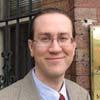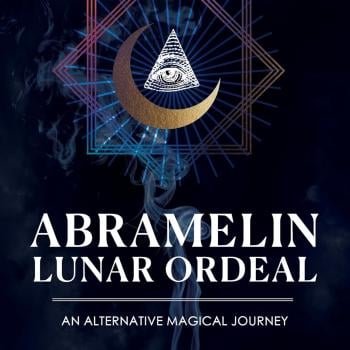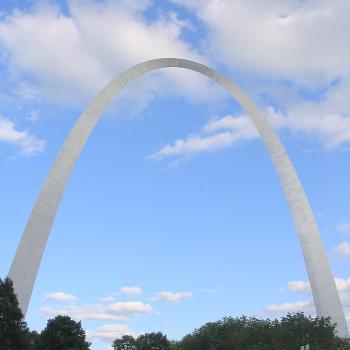 By Roy Speckhardt
By Roy Speckhardt
Humanism, an ethical philosophy that posits you can be a good person without believing in a god, began enjoying a heightened social and political relevance at the turn of the 21st century. If recent developments continue, the future will bring further expansion of and acceptance for this movement that champions science-based reason and empathy-based compassion.
The number of Americans who are religiously unaffiliated is growing rapidly. The 2008 American Religious Identification Survey (ARIS) found that 15 percent of Americans now identify themselves as having no religion, up from less than 8 percent in 1990. Around the same time, another survey confirmed the rise of the "nones." The 2007 Pew Forum U.S. Religious Landscape Survey saw a similar increase to 16 percent, and even more interesting, it reported that one-in-four Americans between ages 18-29 said they are not currently affiliated with any religion. So the increase may continue for many years as this young cohort of humanists and other nontheists ages into increasingly greater positions of power and popularity.
Although these "nones" are not exclusively atheists and agnostics, a majority are, and the ascent of the "nones" reflects a growing willingness of Americans to distance themselves from organized religion. This trend is leading to more acceptance of this growing segment of society, and as a result of that acceptance, its members are able to more freely "come out" as humanists or atheists.
The rise of the "nones" has come along with increased recognition of nonbelievers by the government. President Obama notably gave a "shout out" to nontheists in his inauguration speech when he said, "We know that our patchwork heritage is a strength, not a weakness. We are a nation of Christians and Muslims, Jews and Hindus -- and non-believers." His words marked the first time in history a U.S. president had acknowledged atheists and agnostics in an inauguration speech, and he has continued to positively reference nontheists, as well as humanists specifically.
Moreover, in February of 2010, the White House invited several representatives from an array of nontheistic organizations to hold a policy briefing about issues that are important to secular Americans. Such policy briefings with advocacy groups are common, but this particular briefing stood out as the first time a presidential administration has held such an event with the nontheist community -- marking a concrete example of the ascending relevance.
In addition, U.S. Representative Pete Stark made waves in 2007 by coming out as the highest-level government official in American history who doesn't believe in a higher power. His subsequent re-election by a wide margin challenged the idea that an open humanist can run for public office.
Despite these welcome trends, humanists and atheists are still a long way from being fully embraced by society and government, and conventional wisdom is holding fast that believing in any god is better for public assurance than believing in no god. Atheists remain in many respects the most distrusted group in the U.S. -- for example, according to a 2007 Gallop poll, only 45 percent of Americans said that they would be willing to vote for a qualified candidate who happened to be an atheist. That's a lower number than all other groups compared, including Muslims, Jews, and homosexuals.
Ultimately, as the number of nontheists continues to grow, familiarity will lead to tolerance and acceptance. The tendency to prejudge humanists and atheists will wane as the growing nontheist community continues to be increasingly vocal and active regarding their ethics and values. In the future, humanism and atheism will be recognized as legitimate ethical philosophies, in the U.S. and around the globe, on par with the world's leading religions. Science-based humanist reasoning may never fully supplant faith, but it is anticipated to gain the respect of all for its ability to deliver effective, real world solutions to societal problems.
Roy Speckhardt is executive director of the American Humanist Association where he actively promotes the humanist perspective on progressive political issues. He's appeared on CNN Headline News, Fox News, numerous national radio shows, and has spoken to dozens of local humanist groups across the country. He also serves as a board member of the Humanist Institute and the United Coalition of Reason and as an advisory board member of the Secular Student Alliance. He holds an M.B.A. from George Mason University and a B.A. in sociology from Mary Washington College. He lives in Washington DC.
8/30/2010 4:00:00 AM




